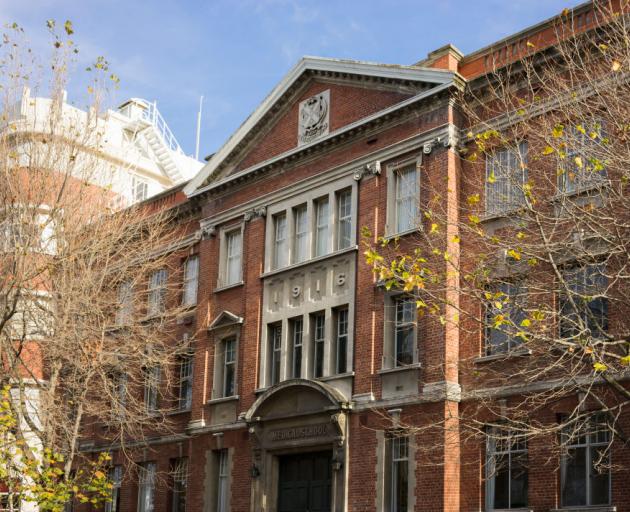
The specifics of the case - a challenge to the medical school’s admissions process - are expected to be revealed later today when the court releases documents filed by the applicant.
New details came through in Associate Judge Dale Lester’s ruling, released this morning.
“The applicant seeks declarations that the university’s administration of admission to the medical course that ran in the 2020 year did not follow the provisions of the Education Act 1989 and the University’s internal regulations,” he said.
“The proceeding challenges how the University applied its Mirror of Society Policy.”
Counsel John Maassen argued that his client’s identity should be kept under wraps because he had family members who attended the university.
Publication of his name would lead inevitably to identification of those students and “the effect of such attention in the period leading up to final exams is obvious”, the judge said.
Mr Maassen raised the risk of an online backlash.
“Access to justice is not upheld when families face the risk of toxic bullying and harassment in proceedings on matters related to the administration of public institutions,” he said during a hearing before the High Court at Dunedin this week.
“Open justice and access to justice are all facets of achieving the objective of the rule of law and confidence that there is accountability under the law. The culture of fear can erode these values.”
Counsel for the University of Otago Diccon Sim consented to a suppression order being made.
Associate Judge Lester granted the order. He said the court had to “strike a balance between fundamental open justice considerations and the interests of the party seeking suppression”.
The Court of Appeal, he noted, recognised the “potentially toxic character” of social media and its potential adverse effects on the psychological health of young people
Mr Maassen pressed the issue further. He requested the judge bar any media who had access to the court file from contacting the applicant or his family.
But Associate Judge Lester said he had not jurisdiction to make such an order.
He allowed media to access court documents “to fully articulate the applicant’s arguments, so the issues will be apparent and understandable without knowing the applicant’s identity”.
The way the university selects students for its second-year medicine programme has made headlines in recent weeks.
The university's current policy is to give priority entry to students from groups under-represented in New Zealand's health workforce.


